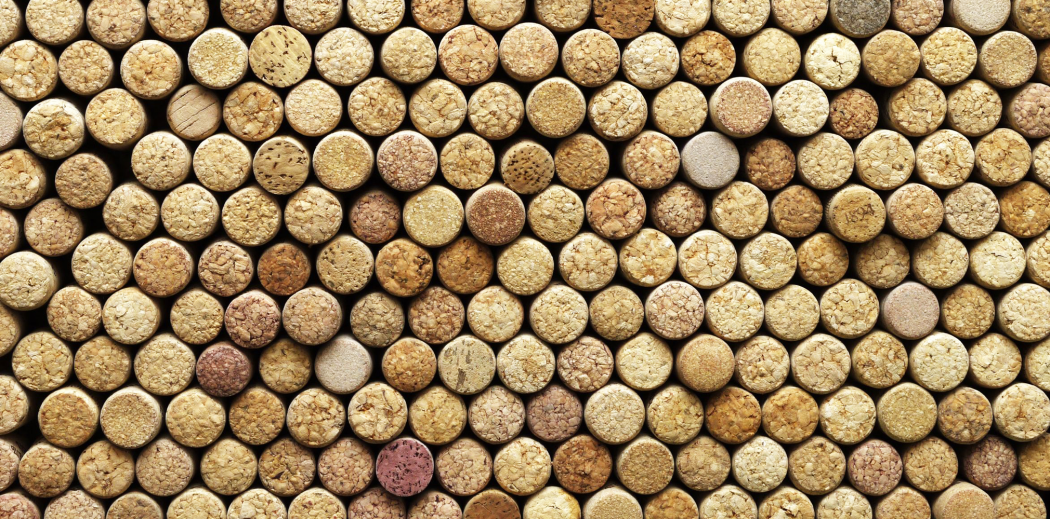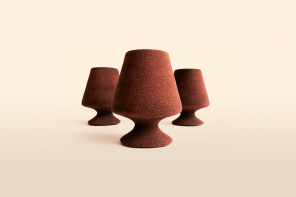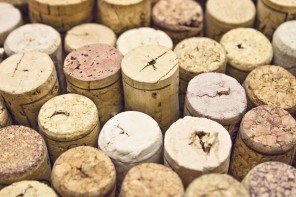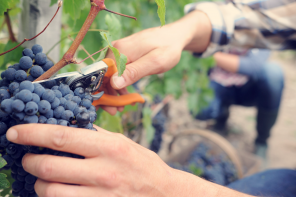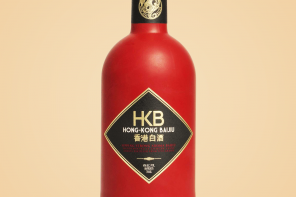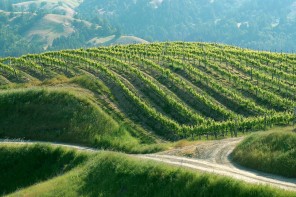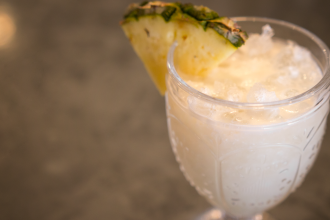Remember that meme that floated around? The one that declared that the $1.4 billion dollar Powerball winnings would be enough to give every American $4.33 million dollars and end poverty?
It didn’t take long for people to actually do the math and figure out that it was off by about 1 million percent. But not before the image itself had gone completely viral, with about 574,000 shares. But what about those less obvious rumors, the ones that seem to stick around the collective consciousness like a lingering winter cold? The ones that go kind of like this: “OMG the world is running out of corks!”
Survey says: not really. Popular statistics indicate that there is currently enough cork to enclose all the wine in the world for roughly 100 years. So what gives with this rumor?
Myth: Cork trees are endangered and therefore we are running out of corks!
This one contains a modicum of truth. In the last decade, the rise of alternative wine closures (screw-caps, synthetic cork) has created less of a demand for real corks. The cork industry has become endangered because of this, not actual cork trees. About 70% of all cork harvested has traditionally been harvested for wine cork production, so if the demand dries up, it effects the whole system negatively. Cork forests run the risk of being abandoned or converted. (Sad face.)
The push towards screw-caps is mostly cost-related. Cork, while a wonderful product, is much more expensive than a screw-cap. Plus, more tests have been done that confirm the screw-cap’s legitimacy for long-term wine aging. All that said, cork still seems to be the choice for a winemaker that wants to make a “world-class” statement.
Myth: Cork trees are unsustainable and using them to close up our wine is not an environmentally friendly idea meaning we will eventually run out entirely.
First, here are some crazy facts about cork trees.
- They can live for up to 300 years.
- You can’t harvest cork from a cork tree until it’s 25 years old.
- When harvested, the trees are not cut down, the bark of the tree is stripped away (by hand, no less!)
- Once harvested, it’ll be another 9-12 years until that particular tree will be ready for another harvest.
If you take one or two of those facts out of context, it might be easy to think that we would run out of cork. All it would take is one greedy person to cut them all down and we’d be out of luck for at least 25 years. Fortunately, the entire system of cork production is actually a harmonious little world all of its own. The trees are essentially self-renewing, plus corks are recyclable and biodegradable.
So really, you can pat yourself on the back every time you hastily pull a cork out of a wine bottle.
You’re welcome.

